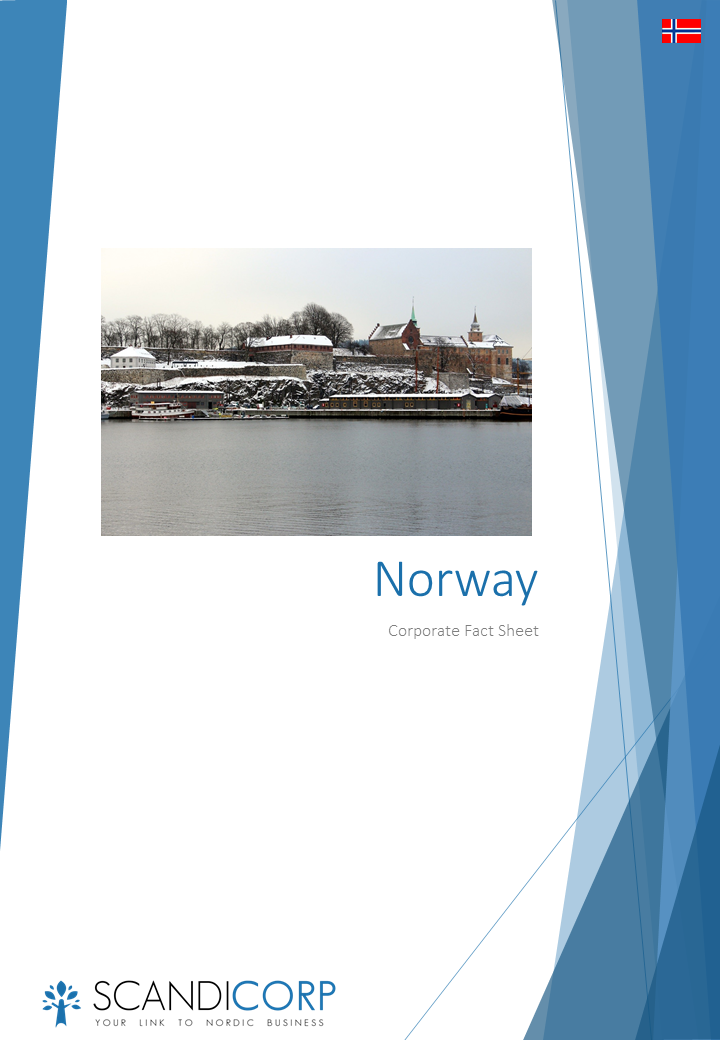Establishing a business in another country, starting a branch or subsidiary, needs careful preparation and specific knowledge of the country. Getting started with registration and submitting an address is not always easy. The threshold will be significantly lower if you request help from Scandicorp.
Says Till Sahlgren, responsible for business development at Scandicorp, located in Sweden, Finland and Norway. We help foreign companies to establish operations in the Nordic market, both large groups and smaller entrepreneurs. It can also be, for example, Finnish companies who want to reach the Swedish market and vice versa.
Register and run your business in the Nordics
It is difficult to administrate the registration process, understand the laws and run a business in a new country. It is a completely new culture with many details to keep track of; to understand different regulations, tax legislation, customs management, corporate information and paperwork. This is where we have our expert competence, emphasizes Till Sahlgren.
It is about creating tailor-made solutions and services in business administration to international companies ready to establish their operations in the Nordics. But it can also be Swedish, Norwegian or Finnish companies that plan to start a branch or subsidiary here in another country in the Nordic region. In most cases, it is a matter of selling services and goods.
Subsidiaries in the Nordic region
We have a large number of European customers within the Nordic region, also from the USA and India. Most of them expanded to Sweden, the Nordic region’s most important and interesting market from an international perspective. This is not a surprise, says Till Sahlgren and points out the fact that Sweden is the Nordic region’s largest economy with very strong consumers. International companies therefore often initiate an investment abroad in Sweden in particular by establishing an office in Stockholm. The same applies to Nordic companies.
Solutions according to the customer’s needs
Some customers are satisfied with the initial help, registering the company and a company address. Others want help with most things until you are running your own office and your own employees. We structure and streamline customers’ operations with a range of administrative services, such as accounting, payroll management, tax and financial statements. We are flexible and put together different solutions according to the customer’s needs and wishes, says Till Sahlgren.
The ambition for the future is continued growth with the establishment of offices also in Copenhagen and that we will thus be comprehensive in Scandinavia.

In collaboration with the Finnish-Swedish Chamber of Commerce (FINSVE)












